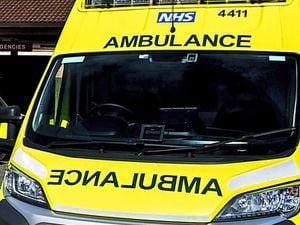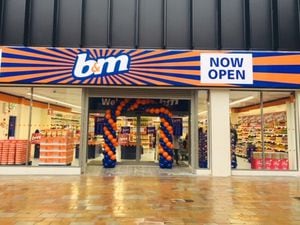More than 3,000 in Shropshire use food banks to survive
More than 3,000 people in Shropshire have relied on emergency food parcels to survive during the past year, new figures reveal.
Delays in benefits and changes to the system remain the biggest cause of someone being referred to a food bank by a doctor, social worker or jobcentre.
Last year in the county, 2,003 adults and 1,181 children attended a food bank in Shropshire – a total of 3,184.
That figure is a reduction from 3,644 using food banks in 2015/16 and 3,897 using them in 2014/15.
Nationally, Trussell Trust's network of food banks handed out a record number of almost 1.2 million emergency supplies to people 'in crisis' in the year to March.
The Trussell Trust said its network provided 1,182,954 three-day food supplies to people 'in crisis' in the year to March, more than 70,000 higher than the previous 12 months. The charity said almost 440,000 supplies went to children.
Food banks in areas where the new Universal Credit (UC) benefit was introduced saw an average increase in referrals for emergency food of almost 17 per cent.
The trust said the effect of a six-week waiting period for a first UC payment could be serious, leading to debt and rent arrears.
David McAuley, chief executive of the Trussell Trust, said: "The move to simplify an often complex welfare system is a welcome one, but any large reform can have unforeseen consequences. Food banks see first-hand how changes to the welfare system affect people on the ground and so can offer an early warning to decision-makers.
"We have been heartened by Secretary of State Damian Green's willingness to engage, his department's work to pilot improvements, and the recent changes to the Universal Credit taper rate which mean people moving into work will keep more of their earnings. We hope our insights can inform efforts to make sure the values on which Universal Credit is built are delivered in practice. To stop UK hunger, we must make sure the welfare system really does work for everyone."
Adrian Curtis, food bank network director, said: "Anybody could find themselves in need of the food bank. Every week people are referred to us after being hit by something unavoidable – such as illness, a delay in a benefit payment or an unexpected bill – means food is simply unaffordable."





